Posljednji poziv za bakalar u istočnom Baltiku
ZAVRŠNI POZIV
za bakalar istočnog Baltika
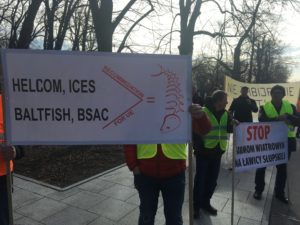
Prosvjed poljskih malih ribara. Varšava, 27. veljače 2019. (foto: M. Ruciński)
Varšava, 15. ožujka 2019.
Marcin Ruciński
Održavanje istočnobaltičkog bakalara prioritet je programa LIFE, s obzirom na povijesnu važnost ovog stoka kao same osnove za život mnogih naših članova u Baltičkom moru…
Pa, to je sada povijest što se tiče egzistencije ribara!
ŽIVOTNI poziv na akciju[1] Preporuke donositelja odluka na posljednjem Vijeću za ribarstvo Baltičkog mora u listopadu 2018., temeljene na temeljitoj analizi različitih pokretača stanja stoka, uglavnom su prošle nezapaženo. Stvari su od tada krenule od lošeg prema gorem. Već prošlog studenog, drastično pogoršanje stanja stoka bilo je vidljivo kroz sve praznije mreže za bakalar mnogih ribara. To je potvrđeno godišnjom serijom istraživačkih krstarenja koje organiziraju nacionalni znanstveni instituti.
Zahvaljujući pravovremenoj inicijativi Savjetodavnog vijeća Baltičkog mora[2], već krajem siječnja bilo je prilike čuti o preliminarnim rezultatima najnovijeg znanstvenog rada; možda se mogla dodati rasprava o prednostima zaštite mrijesta. Raspoloženje na ovom saslušanju bilo je jednako sumorno kao i pogoršanje situacije s bakalarom kojem su sudionici svjedočili. BSAC se jednoglasno složio da je istočnobaltički bakalar u akutno kritično stanje i to sve moguće mjere moraju se istražiti pri izradi plana za hitne slučajeve za ovu dionicu.
Tjedan dana kasnije, ključni znanstveni stručnjaci i njihovi najpoznatiji kolege za mjerenje uspješnosti sastali su se na ICES radionici o mjerenju uspješnosti baltičkog bakalara. Konačno su postigli odlučujući napredak prema uspostavljanju modela procjene za istočnobaltički stok bakalara - barem je tako autoru rečeno kao neznanstvenom promatraču ove radionice. Što se tiče stanja stoka, raspoloženje u prostoriji bilo je jednako sumorno kao i na sastanku BSAC-a, što je sažeo jedan znanstvenik koji je nagađao da je najbolje što možemo učiniti “ostavite biomasu u vodi i nadajte se najboljem”.
Otprilike tri tjedna kasnije, mnogi poljski mali ribari prosvjeduju u Varšavi[3] izjavili su da ove godine još nisu ulovili bakalar – ili samo nekoliko. Hitno su pozvali da se donositelji odluka obavijeste o njihovoj teškoj situaciji kako bi djelovali bez odgode.
Pa, dragi donositelji odluka, ŽIVOT vas obavještava! Vrijeme je za djelovanje.
S obzirom na gore opisanu vrlo ozbiljnu situaciju, koju su napokon i drugi vidjeli (vidi priloženo pismo Europske komisije predsjednicima BALTFISH-a i BSAC-a)), vrijeme za razmišljanje o tome kako su dionice dospjele u ovo stanje ili za upiranje prstom u obranu vlastitih interesa je prošlo. Došlo je vrijeme za odluku.
LIFE-ov prijedlog je jednostavan i temelji se na mudrim riječima gore navedenog znanstvenika, uz temeljnu potrebu za uspješnim novačenjem kako bi se jamčila održivost bilo kojeg komercijalnog ribljeg fonda.
LIFE se zalaže za uspostavljanje, već za ovu 2019. godinu, za vrijeme prije mrijesta i vrhunca mrijesta bakalara, razdoblje biološkog mirovanja za Baltik: potpuno zatvaranje svih ribolovnih područja usmjerenih na bakalar i pelagične vrste, glavnu hranu za bakalar, kao i svih ostalih ribolovnih područja poznatih po značajnom riziku od usputnog ulova bakalara, u pododjeljenjima 25 i 26, između 1. svibnja i 30. rujna. Pogođeni ribari mogli bi biti obeštećeni za ovu strogu mjeru novcem za privremeni prekid ribolova iz EMFF-a.
Moramo izbjeći scenarij s bakalarom iz Newfoundlanda iz 1990-ih koji se dogodio u Baltiku!
♦ ♦ ♦
[1]https://lifeplatform.eu/action-plan-for-eastern-baltic-cod/
[2]http://www.bsac.dk/getattachment/Meetings/BSAC-meetings/BSAC-Executive-Committee-meeting-(4)/BSACExComThememeeting29012019REPORTandSTATEMENTFINALOK.pdf.aspx?lang=en-GB, dio „tematski sastanak”
[3]https://lifeplatform.eu/poland-ssfs-protest-against-the-situation-in-the-baltic-sea/

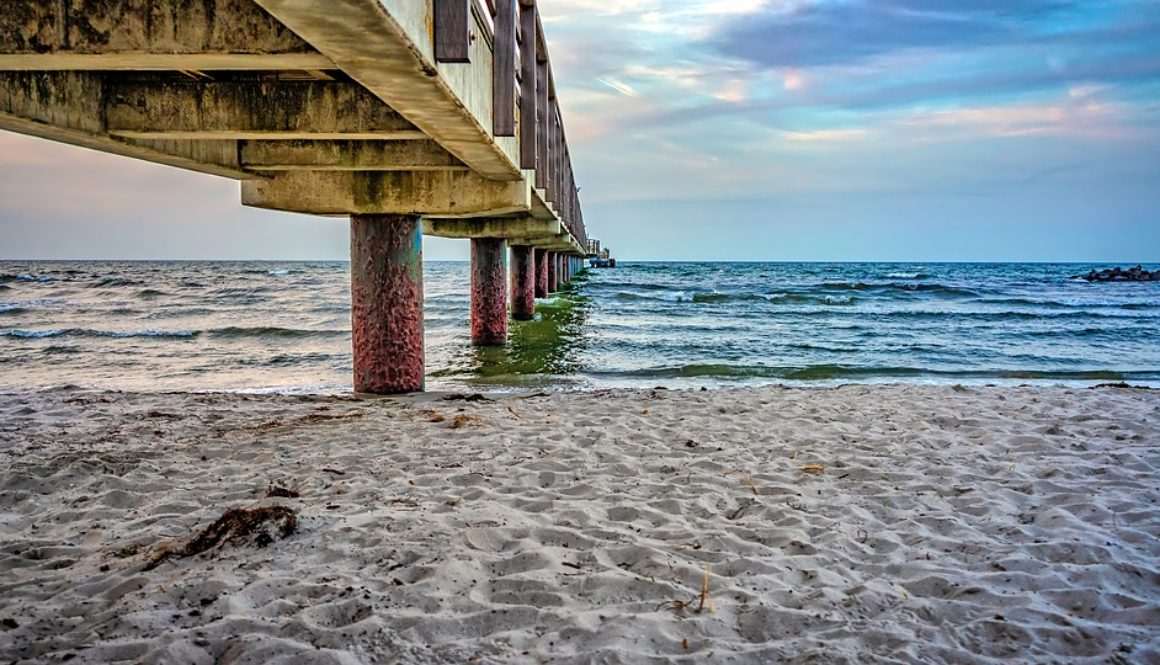
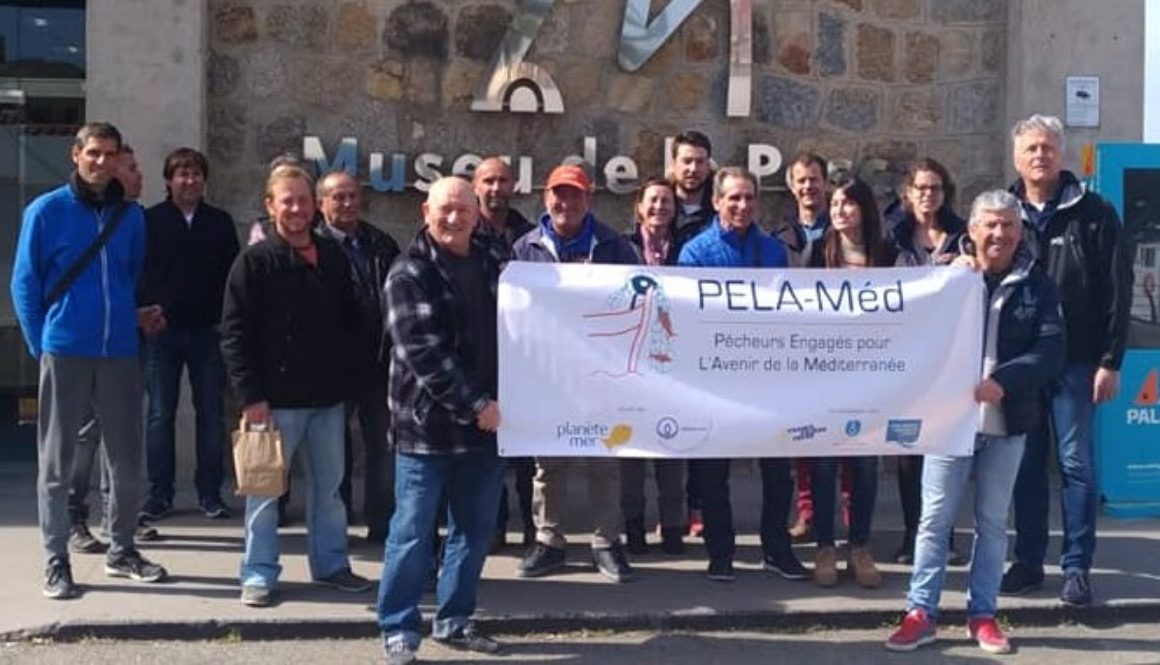
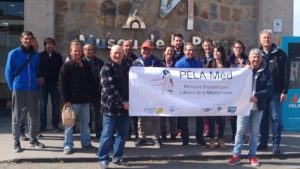
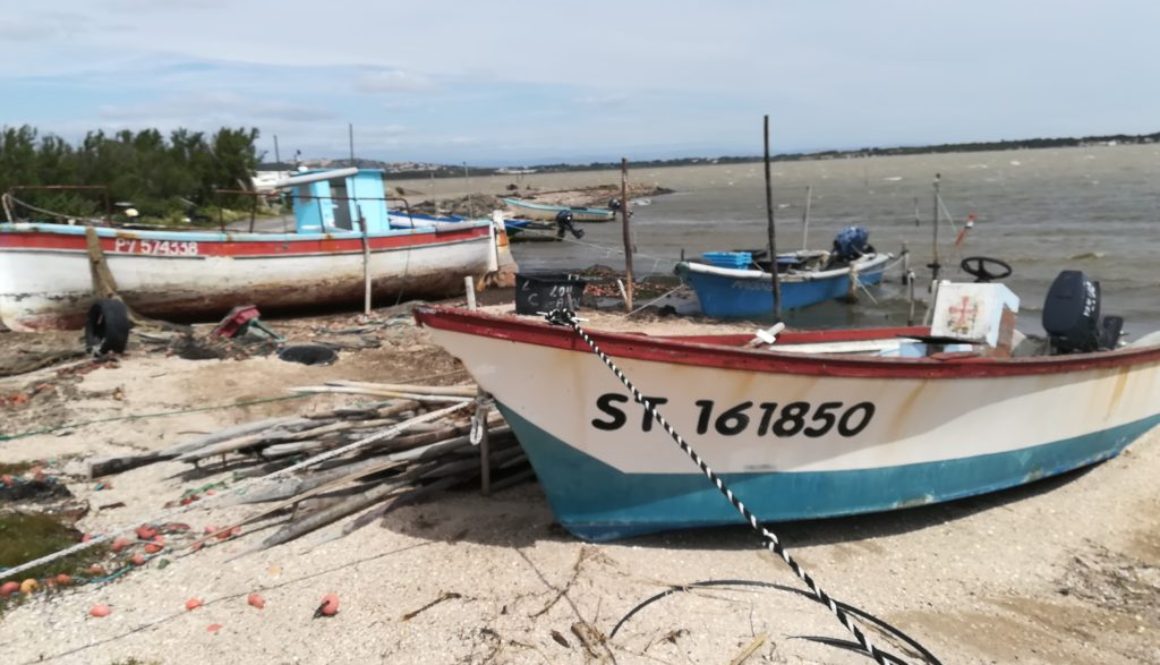
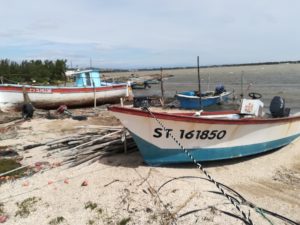
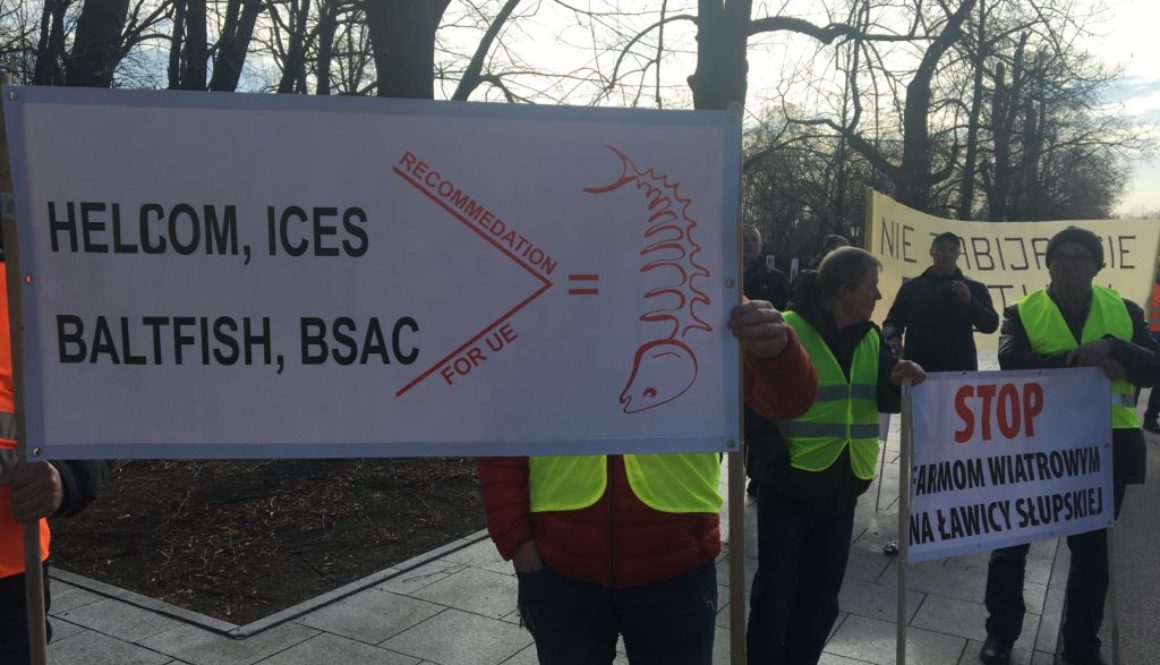

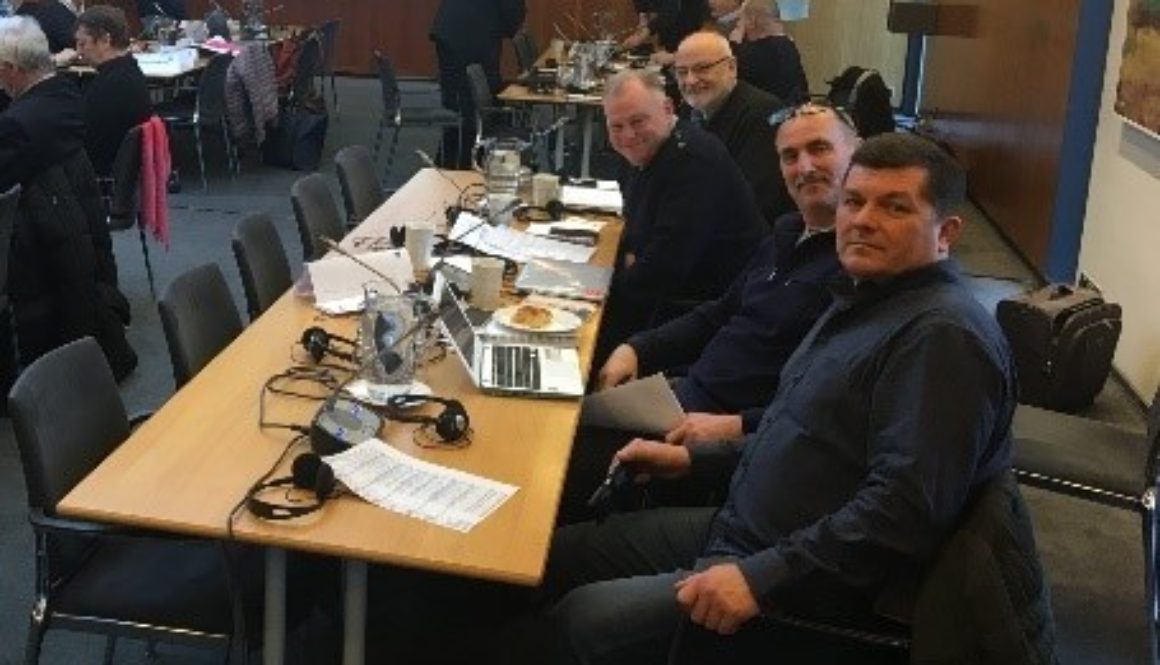
 Prosinac 2018. i siječanj 2019
Prosinac 2018. i siječanj 2019